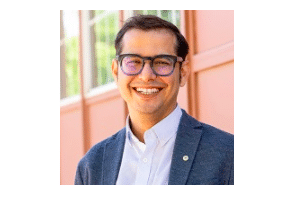Over the past few years, the precipitous fall of Hong Kong seems to be a saga no one wants to stick around to see the ensuing episodes. Widespread censorship, crackdown on press and academic freedom, and backlash on dissenting voices are enforcing a total takeover of Beijing over the city. Xi Jinping is making clear that the special administrative region will not escape his dictatorial and authoritarian vision of government and the world. Nowhere is this repression more acute than in the Hong Kong universities that were pivotal in giving the city its internationally renowned intellectual and academic reputation. Since the passing of the infamous National Security Law in 2020, Chinese authorities seem undeterred to extinguish any opposing views, especially voices coming from academia, the media and civil society. Law schools, including faculty, students and libraries have been particularly targeted given their prominence, intellectual activity and social influence. Shamefully, HSBC and other financial institutions in Hong Kong have expressed their tacit consent to this new law, completely ignoring the impact on transparency, accountability and ethical considerations in international trade and finance. As the famous writer, Eileen Chang wrote in her renowned book, Little Reunions which takes place in Hong Kong and Shanghai, “The end of time, when seas dry up and rocks crumble, comes quick.”
Read the full article at
Hong Kong’s National Security Law Provisions and Latest Cases





